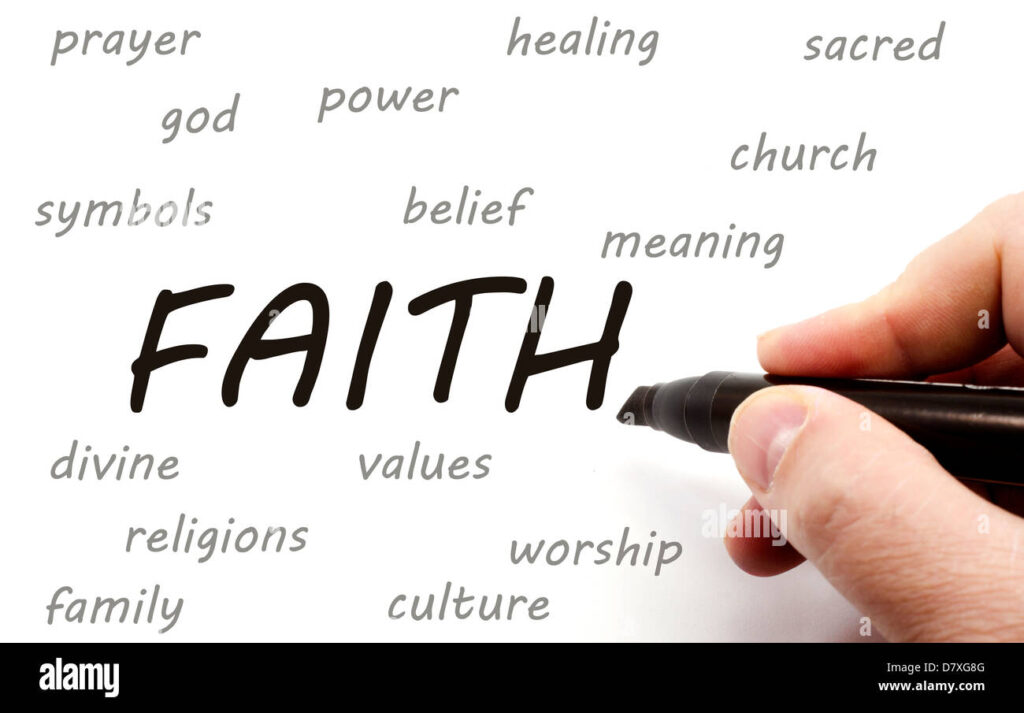Every religion is a system of faith, belief and worship in a higher power or god who is deemed to be the creator of the universe. Scriptures and commandments illuminate the teachings of the gods.
Rituals are designed by religious leaders, to put “communication systems” in place between god and the believer and to cement their position as the “enablers” between the “power” and the powerless. Religion should have been a haven for all human beings, a private relationship between an individual and the god to whom he prays, for guidance through the turmoil of everyday life.
But religion and rituals have unfortunately become one of the most contentious and divisive issues of modern times.
Yuval Noah Harari sees religion as a source of maintaining the existence of the fragile and imagined structures and ideas created by man himself to enforce organisation and cooperation throughout a society, by providing an explanation that our laws, organisations and ranking are not made by human beings alone but by a supreme authority outside us.
Differences in the precepts and practices of different religions are being exploited by politicians or religious leaders for short-term personal gain. Man turns to god in times of good fortune and misfortune. When knowledgeable persons misguide or misinform the layman on such occasions, religion which is meant to ensure social order causes tension and strife among the believers of different faiths and atheism and scepticism among youngsters. How do we restore the sanctity of any faith? What is the dharma of religion?
Moral law
The Hindu concept of dharma is a moral law governing individual conduct, designed to maintain a stable society. It is the traditional dharma of the parents to sacrifice and provide for their children, the son to look after his ageing parents, of the brother to safeguard his sisters and husband to provide for his family. A change in gender dynamics has altered this concept of dharma, but the essential tenet of “doing what you are supposed to do” continues.
What is the difference between religion and the Hindu concept of dharma? Dharma, which Atharva Veda describes as the oldest customary order, carries with it a comparatively freer, flowing concept which relates to what the individual ought to do in this birth. Dharma does not relate to a divine revelation or faith. Dharma and religion are not the same, though the word dharma is also used to refer to the religious beliefs of a person. Just as an athlete practises his routine religiously, so should any human being do his duty or dharma with religious fervour.
Religious reforms have come about due to the realisation that religious sanctity accorded to any kind of discrimination among believers destroys the very fundamentals of godliness. Vegans or vegetarians follow their preferences like a religion. Atheists are passionate about their faith in the non-existence of a superpower.
Divinity within
Swami Vivekananda believed that though religions are divergent in various aspects, they are not contradictory, and are rather supplementary to each other. He defines religion as the realisation of divinity within us and this realisation is the one universal religion. He said, “To devote your life to the good of all and to the happiness of all is religion.”
Arun Shourie in his book Does He know a Mother’s Heart talks of how organised religion often tends to frighten the believer into submission to a “benevolent” god, through a system of praise and penalties. Religion should, in fact, empower people with a sense of confidence that they are capable of fighting their battles independently.
The obstacles in life cannot be done away with. Religion should help us to develop the capability to counter them.
